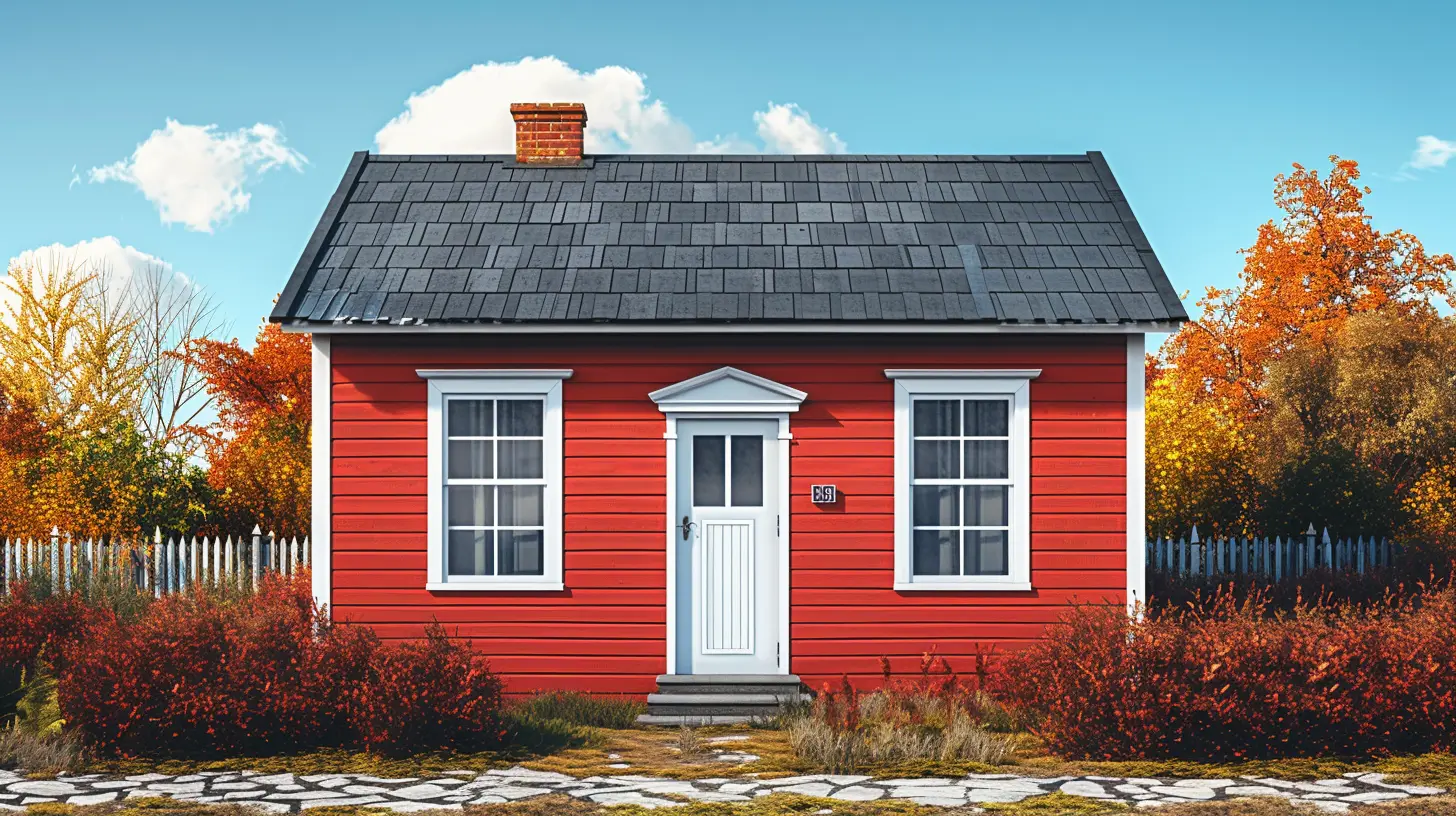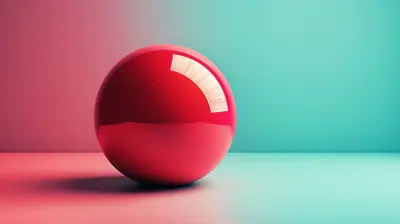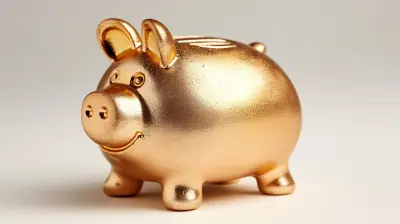The Role of Principal Payments in Reducing Your Mortgage Balance
10 May 2025
Owning a home is one of the biggest financial commitments you'll ever make. With a mortgage, you agree to monthly payments that consist of two key parts: principal and interest. While interest payments go straight to the lender as profit, principal payments actually reduce the amount you owe. But how does this process work, and why does it matter? Let’s break it down in simple terms.

Understanding Principal Payments
Your mortgage principal is the original loan amount you borrowed to buy your home. Every time you make a mortgage payment, a portion goes toward paying down the principal, and the rest covers interest.At the beginning of your loan term, most of your payment goes toward interest rather than principal. However, as time passes, the balance shifts, and a larger portion of each payment reduces your loan amount. This process is known as amortization.

How Principal Payments Reduce Your Mortgage Balance
1. Lower Principal Means Lower Interest Over Time
Interest on your mortgage is calculated based on your remaining loan balance. The higher the balance, the more interest you pay. When you make a principal payment, you shrink your loan balance, which in turn reduces the amount of interest that accrues. This creates a snowball effect—lower balances lead to lower interest payments, helping you pay off your mortgage faster.2. Extra Principal Payments Accelerate Loan Payoff
Want to cut years off your mortgage? Making extra principal payments, whether it's a little extra each month or a lump sum, can significantly reduce your loan term. Even adding just an extra $100 per month can save you thousands in interest and help you reach debt-free homeownership sooner.For example, on a 30-year mortgage of $250,000 with a 4% interest rate, adding $200 to your monthly payment could shave off around 8 years and save you more than $40,000 in interest!
3. Building Home Equity Faster
Home equity is the portion of your home that you truly own. The more principal you pay down, the more equity you build. This can benefit you in several ways:- More equity means a better chance of refinancing at a lower interest rate.
- You’ll have access to higher home equity loans or lines of credit if needed.
- If you sell your home, you’ll walk away with more profit.
4. Avoiding PMI (Private Mortgage Insurance)
For those who made a down payment of less than 20%, lenders typically require Private Mortgage Insurance (PMI). The good news? Once your loan balance reaches 80% of your home’s value, you can request to remove PMI. Paying extra toward the principal can get you to that threshold sooner, saving you hundreds (or even thousands) on unnecessary insurance costs.
Smart Strategies to Pay Down Your Principal Faster
1. Make Biweekly Payments
Instead of paying once a month, split your payment in half and send it every two weeks. This simple trick results in one extra full payment each year, reducing your loan term and saving on interest.2. Round Up Your Payments
If your mortgage payment is $1,267, consider rounding up to $1,300 or even $1,500. The extra amount goes directly toward your principal, helping chip away at your balance.3. Use Windfalls to Your Advantage
Got a work bonus, tax refund, or an unexpected financial windfall? Instead of splurging, consider putting some (or all) of it toward your mortgage principal.4. Refinance to a Shorter Loan Term
If your budget allows, refinancing to a 15-year mortgage instead of a 30-year term can save you a significant amount of money in interest and help you own your home faster.5. Apply Found Money
Ever paid off a car loan or a credit card? Take the money you were using for those payments and redirect it to your mortgage principal. Since you're already accustomed to making those payments, your budget won’t feel the squeeze.
Things to Consider Before Making Extra Principal Payments
While paying down your mortgage faster is a great goal, there are a few key things to consider:- Check for Prepayment Penalties: Some loans impose fees for paying off the mortgage early. Always confirm with your lender beforehand.
- Balance Other Financial Goals: If you have high-interest debt (like credit cards), it might be wiser to pay those off first before tackling your mortgage.
- Keep an Emergency Fund: Don't drain your savings to pay extra on your mortgage—you should still have a strong safety net for unexpected expenses.
The Bottom Line
Making principal payments is one of the smartest ways to reduce your mortgage balance and cut down on the total interest you pay. Even small additional payments can make a massive difference over time. Whether you choose biweekly payments, occasional lump sums, or simply rounding up your monthly payment, every dollar you put toward the principal brings you one step closer to mortgage freedom.So, if homeownership without a mortgage sounds like a dream, start today! Every little bit helps, and before you know it, you'll be holding the keys—not just to your house but to financial freedom.
all images in this post were generated using AI tools
Category:
Mortgage TipsAuthor:

Yasmin McGee
Discussion
rate this article
4 comments
Kael Erickson
Understanding principal payments is crucial; they significantly reduce your mortgage balance and save on interest costs.
May 17, 2025 at 12:54 PM

Yasmin McGee
Absolutely! Making principal payments not only lowers your overall mortgage balance but also decreases the interest you'll pay over time, making it a smart financial strategy.
Kian Hernandez
Great insights! Principal payments truly empower homeowners towards financial freedom.
May 14, 2025 at 11:19 AM

Yasmin McGee
Thank you! I’m glad you found the insights helpful. Principal payments play a crucial role in building equity and achieving financial freedom.
Jolene Taylor
Principal payments: your mortgage's diet plan!
May 13, 2025 at 8:00 PM

Yasmin McGee
That's a clever analogy! Just like a diet, making regular principal payments helps you shed debt and achieve financial health faster.
Bryce Williams
Great article! Understanding principal payments is crucial for homeowners looking to reduce their mortgage balance. It's empowering to see how making extra payments can lead to significant savings and a shorter loan term. Thank you for breaking this down so clearly!
May 11, 2025 at 4:32 AM

Yasmin McGee
Thank you for your kind words! I'm glad the article helped clarify the importance of principal payments.



